Chasing a mirage: Why Ukraine’s NATO membership bid is not happening
By Shabbir Rizvi
The NATO military alliance leaders convened at the 2023 Vilnius summit on Tuesday with a range of issues and discussions over the future of the Brussels-headquartered Western bloc.
Ahead of the summit, while speaking to a gathering in the capital of Lithuania, Ukrainian President Volodymyr Zelenskyy made a passionate appeal to NATO leaders to make “the decisions that we deserve, all of us, every soldier, every citizen, every mother, every child expects.”
The embattled Ukrainian president, however, was up for a rude shock. NATO leaders said they would allow Ukraine to join the military bloc "when allies agree and conditions are met.”
The announcement came shortly after Zelensky slammed the US-led alliance for failing to set a timetable for Ukraine’s entry into the bloc, calling it "absurd."
"It's unprecedented and absurd when a time frame is set neither for the invitation nor for Ukraine's membership," he tweeted. "While at the same time, vague wording about 'conditions' is added even for inviting Ukraine. It seems there is no readiness to invite Ukraine to NATO or to make it a member of the Alliance."
It demonstrated that despite many NATO member countries pumping weapons into Ukraine and fanning the flames of war since February last year, they are still not ready to admit it into their ranks.
From the months leading up to the 2022 Russian military operation, Ukrainian officials have demanded entry into NATO, one of Russia’s few “red lines” that cannot be crossed.
This red line has now existed for decades - in fact, since the fall of the Soviet Union. In 1990, then-US Secretary of State James Baker told Soviet President Mikhail Gorbachev that NATO would not expand “one inch to the east.”
Since then, 19 countries have joined NATO, through nine different bid processes - encroaching on Russia’s border.
Russia sees this as a betrayal and an existential threat - especially considering the very reason NATO came into existence was to fight “the Soviet threat.”
The initial leadership of NATO went as far as recruiting Nazi leaders like Hans Speidal and Adolf Heusinger - whose entire strategy was framed around countering the Soviets.
Ukraine’s bid to join NATO - which is welcomed by some member states and protested by others - must never happen. The embattled state’s ascension to NATO risks creating a scenario leading to an all-out nuclear war between NATO states and Russia.
The obvious reasons should be addressed first - according to NATO’s own website and parameters “states which have ethnic disputes or external territorial disputes, including irredentist claims, or internal jurisdictional disputes must settle those disputes by peaceful means...”
The Russian military operation in Ukraine and its political fallout and peace talks would all have to come to pass prior to this week’s meeting – which didn’t happen.
Furthermore, Ukraine still considers the Crimea region - annexed by Russia in 2014 - its own. It would have to either completely surrender Crimea or launch history’s greatest counteroffensive to reclaim it.
As seen in the last month of the long-awaited counteroffensive, that is simply not happening. Ukraine is not gaining any significant ground despite Western arms supplies.
Another NATO document demands that countries seeking membership “must uphold democracy, including tolerating diversity.”
The Kiev regime in the wake of the war has banned all opposition parties and even jailed political opponents. Zelenskyy has even canceled elections. Prior to the war, there were crackdowns on unionization efforts, and far-right nationalists even burned down a union building while people were inside.
These are just some of the objective factors, per NATO’s own requirements - why Ukraine cannot join. But furthermore, Ukraine in and of itself is a massive liability to regional stability.
First, the Kiev regime is to a significant extent influenced by neo-Nazi ideology. Leadership in the military from the Azov battalion, which sports swastikas, to the political messaging of the Maiden coup in 2014 lays bare the political state of those in power in Ukraine.
Fascist elements in the control of the military pose a political threat that can easily lead the state of Ukraine into another war (or a serious escalation of the existing war), which could invoke NATO’s Article 5 and bring the world to nuclear catastrophe.
Second, and perhaps most important, the Kiev regime has shown it is not afraid to resort to acts of terrorism. On October 8, 2022, a truck bomb blew up a civilian bridge leading to Crimea.
Ukrainians took credit for it, saying the attack was executed "in order to break the logistics of the Russians." An attack that would merit nods of approval from terrorist groups like MKO or Al Qaeda was celebrated by Ukrainians. They even launched post stamps to commemorate it.
It is also now revealed that US officials knew that Ukrainians were behind the infamous bombing of the Nord Stream pipeline - a pipeline that was supposed to fuel a significant chunk of Europe.
This has disrupted the economies of not only Russia - but a great deal of Europe, including NATO countries. This was far from a military target and impacted millions of lives.
Combining fascist leadership and the will to commit terrorism creates a regime that is unstable and unpredictable. Culminating in this is the fact that the Kiev regime refuses to listen to the US, its main political and military supporter, going out of its way to launch drone strikes into Moscow and invade the Russian Belograd region with NATO weaponry - a serious escalation of the war.
The US had to come out and condemn these actions and say that they allegedly did not support these actions from Ukraine, despite always being “completely behind” Ukrainians.
Membership for Ukraine is accepting that fascist ideology paired with acts of terrorism will be welcomed with open arms - which would be a PR catastrophe for NATO.
NATO has only been able to hide its Nazi roots and its wars of aggression and terror because it has been able to maneuver around mainstream Western media - framing itself as a “defensive organization” that only accepts “democratic states.”
NATO’s horrific bombings of countries like Libya were only carried out with Western public approval because they could successfully control the narrative and act as a cohesive formation.
Inviting Ukraine - a regime teeming with unpredictable fascists - means inviting the potential for regional instability. It means serious escalations of war with consequences that cannot be walked back diplomatically.
The question of NATO existing in the first place is one issue - a so-called “defensive alliance” that has categorically been on genocidal offensive campaigns since it could embark on them.
But, allowing an unstable regime that carries out terrorist attacks and celebrates them - into a military alliance with several thousand nuclear warheads - is a mistake that cannot be taken back.
Shabbir Rizvi is a Chicago-based political analyst with a focus on US internal security and foreign policy.
(The views expressed in this article do not necessarily reflect those of Press TV
Araghchi slams World Economic Forum for canceling his Davos invitation
Iran condemns Argentina’s unfounded accusations against IRGC
VIDEO | Fighting British state
Pezeshkian calls recent riots in Iran part of ‘failed’ US-Israeli war
VIDEO | Iran unity nullifies sedition
UK ‘preemptively’ discharges pro-Palestine hunger strikers recovering in hospital
US dollar falls in Iran amid rising export currency supply
Trump’s ‘Board of Peace’ for Gaza an extension of Israeli occupation: Ex-UN rights chief


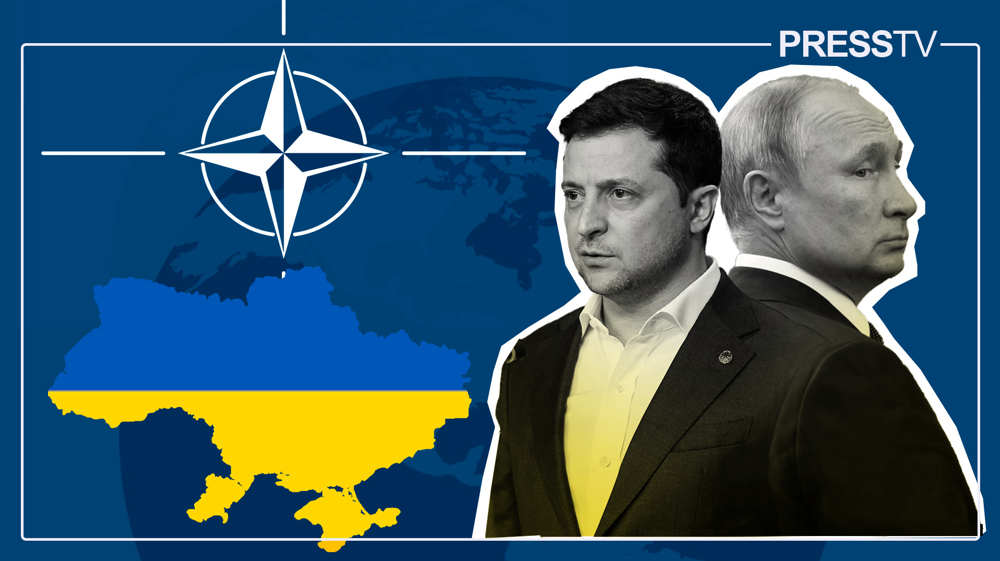
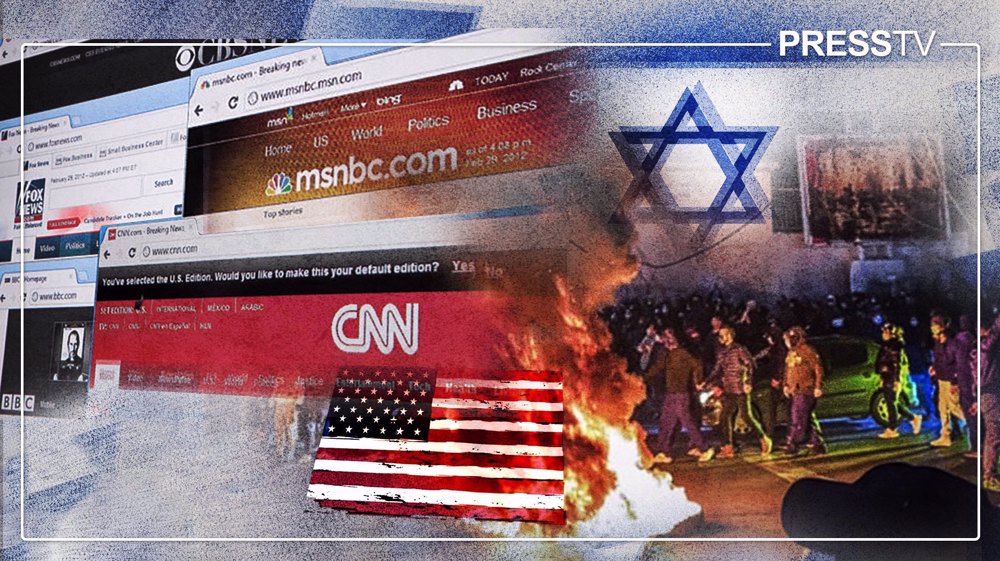
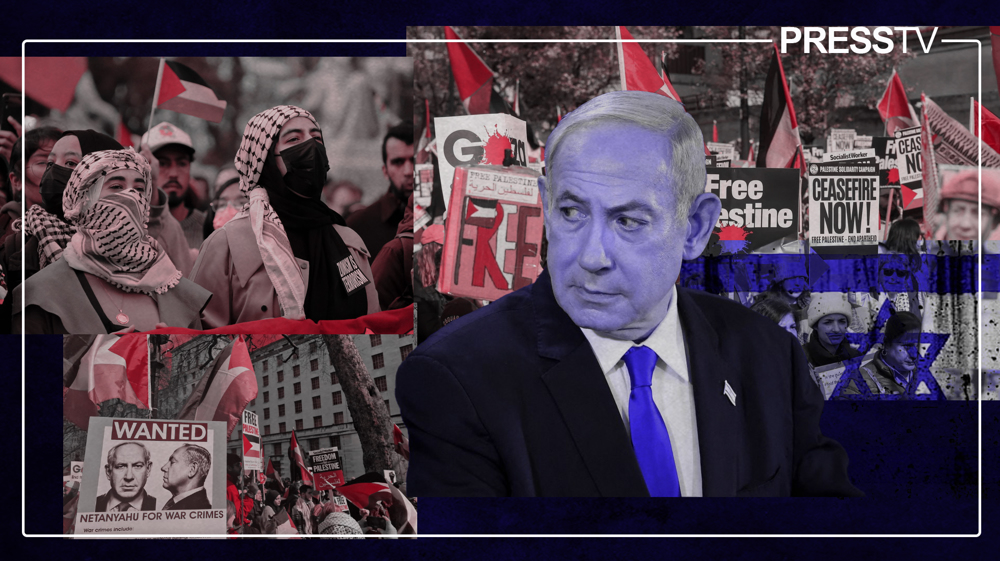




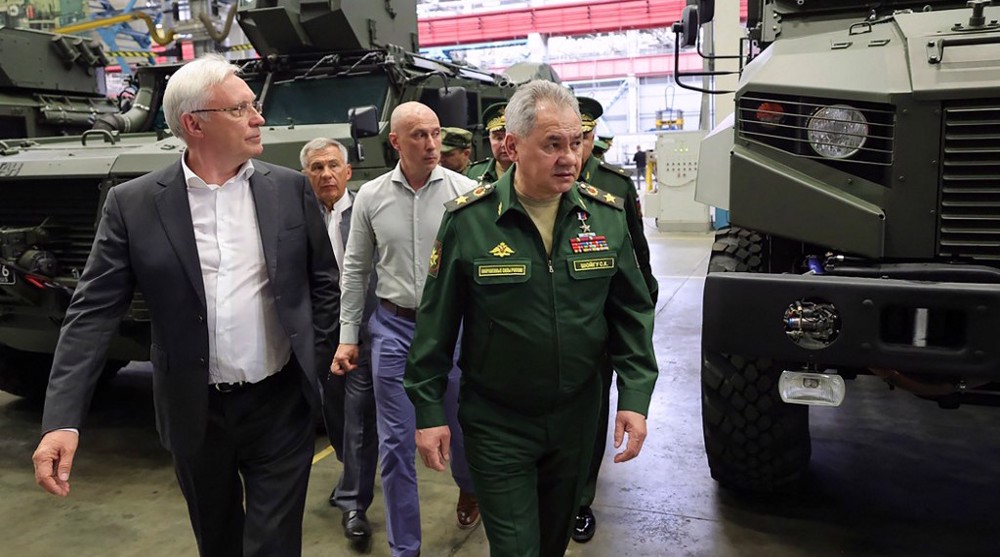
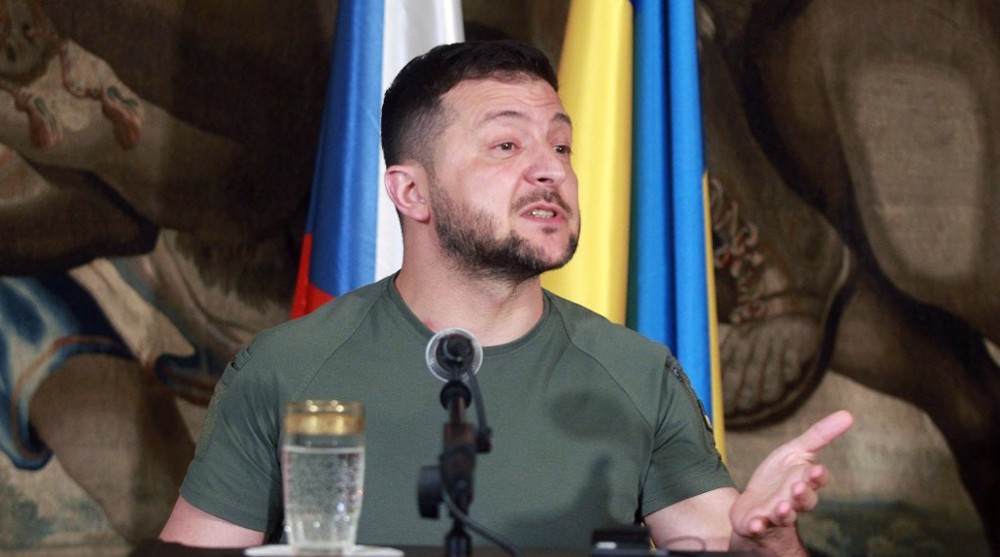
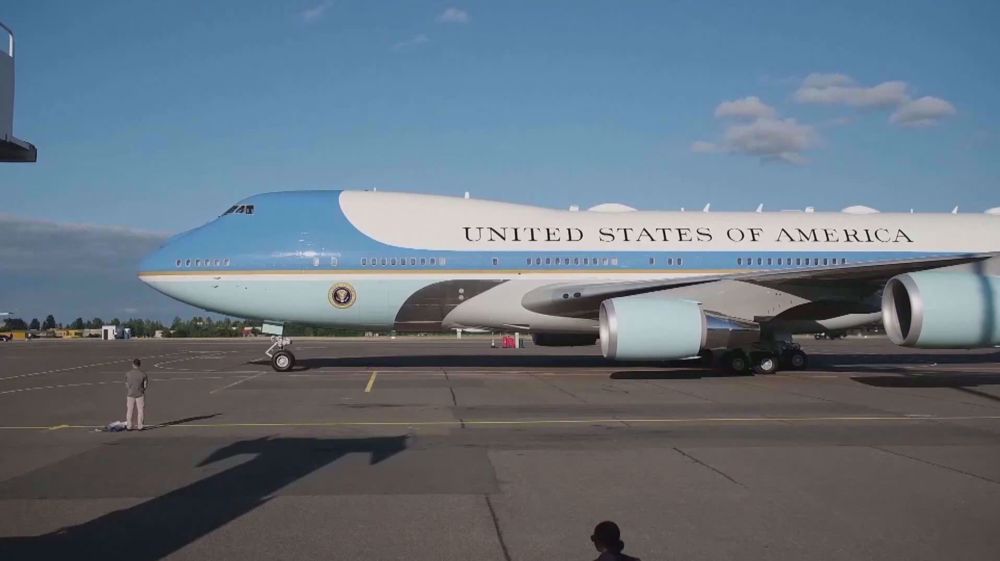
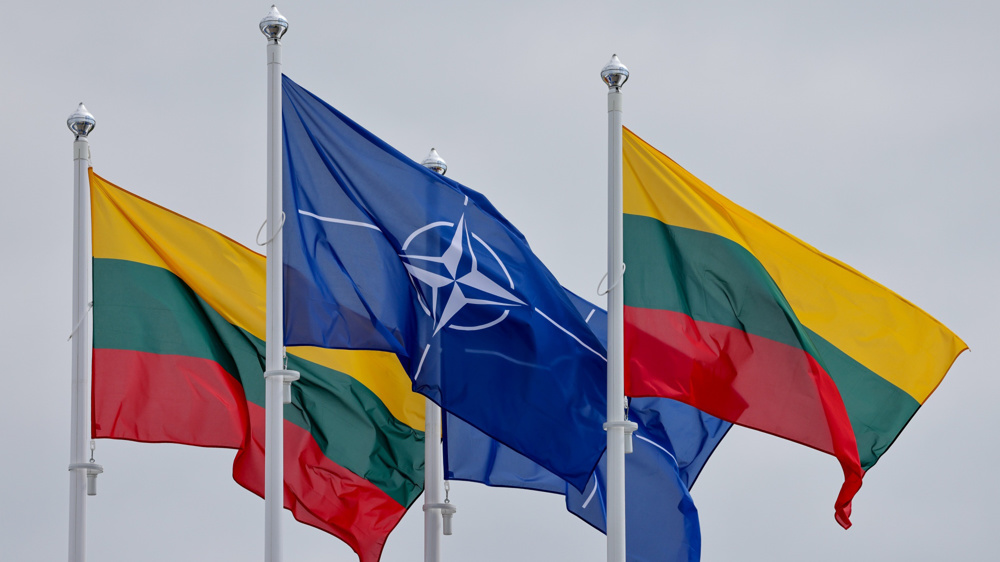
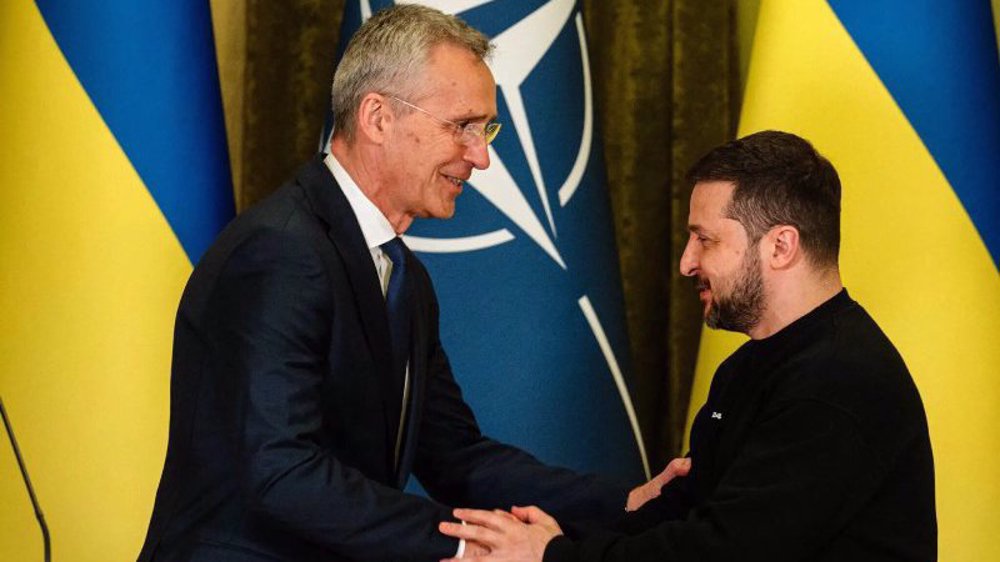

 This makes it easy to access the Press TV website
This makes it easy to access the Press TV website